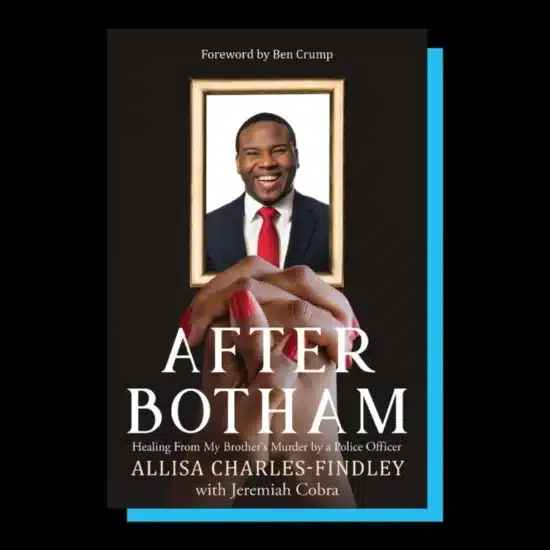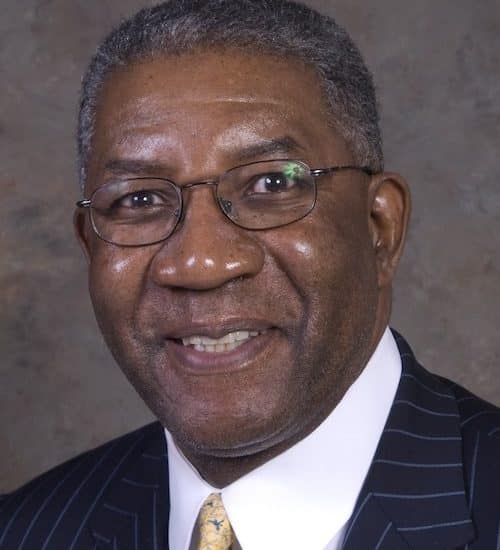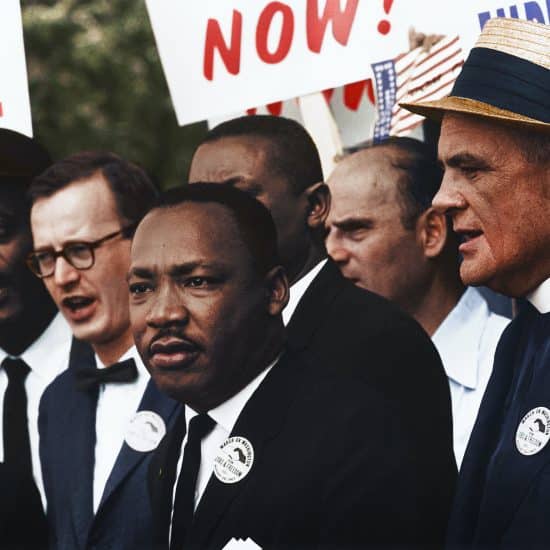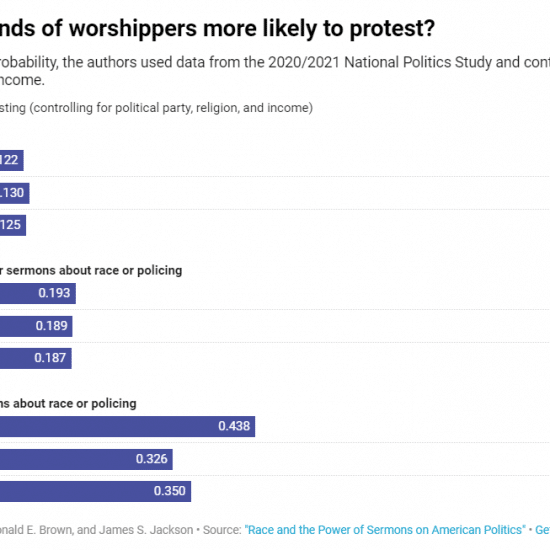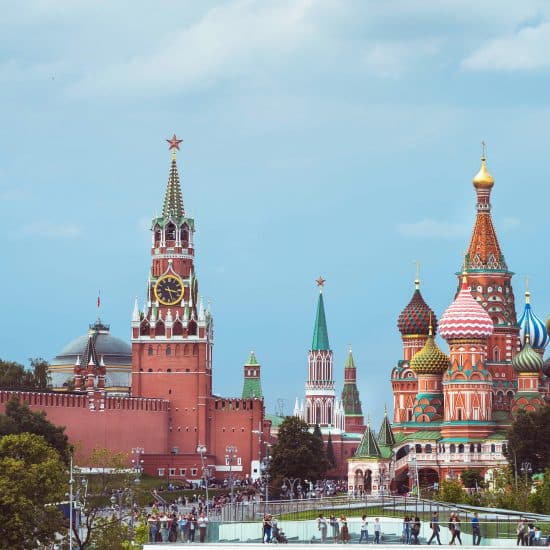Since colonial days, each new generation of Americans has had to face new challenges to religious freedom.
From dissenters like Roger Williams fighting established state churches to perceived threats to the Protestant establishment posed by Catholic immigration in the 19th and early 20th centuries to the culture wars over religion that ensued from Supreme Court decisions on school prayer and evolution to the post-9/11 fear of Islam, new issues and controversies arise that touch on that most distinctive of American—and Baptist—principles.
As the United States enters the second decade of the 21st century, some experts in religious freedom predict challenges coming to the fore likely will cluster around a handful of new issues.
One, they said, is maintaining respect for religious freedom and expression amid ever-increasing pluralism, including the rising proportion of Americans who identify with no particular religious faith, as well as the rise in Islam.
A second is emerging conflicts between individuals’ or groups’ religious teachings and prevailing mores on issues like contraception, stem-cell research or gay rights.
Another, the experts said, is increasing aggressiveness by evangelical Christians who feel a need to fight back against what they perceive as a bias against Christianity in the culture, particularly in public education.
“The seculars versus the religiously orthodox still looks like the key fault line to me,” said Chip Lupu, a First Amendment expert and professor at George Washington University Law School.
“The big fights won’t be about funding. No big new school-funding initiatives are likely to take place. The fights will be about abortion—rising in unpopularity, but the Supreme Court unlikely in the near future to overturn Roe (v. Wade, the 1973 decision that legalized abortion nationwide); and gay rights, rising in popularity, but marriage rights remain blocked by a … (Defense of Marriage Act) at the federal level and in many states.”
Increasing pluralism
Ever-rising percentages of Americans who practice neither Judaism nor Christianity—even in parts of the country that, historically, have had a high degree of religious homogeneity—will continue to present new challenges on local, regional and national levels.
Charles Haynes, director of the Newseum’s Religious Freedom Education Project in Washington, said he thinks, “The rising tide of Islamophobia will create serious problems for American Muslims in the coming years.”
Bob Tuttle, Lupu’s colleague at George Washington University Law School and a fellow church-state expert, said conflicts fueled by fear of Islam will arise over relatively mundane matters—including the rights of Muslims, Sikhs and other religious minorities who often have distinctive patterns of dress or distinctive religious rituals to express their faith in public places. But, Tuttle added, there also will continue to be more general “concerns about discrimination based on perceived links with anti-American groups” for Muslims.
When conscience and society conflict
A related set of challenges, the experts said, will flow from conflicts between the right of an individual or group to hold a religious belief—about the acceptability of homosexuality, for instance—and decisions by voters, legislatures and courts that conflict with that belief.
Same-sex marriage, the experts said, is a prime example.
As societal acceptance of homosexuality increases and legal protections for gays at all levels of government follow, Haynes said, “Collisions between religious liberty claims and non-discrimination laws will increase, especially as gay marriage is legalized in more states.”
For instance, what happens when a state legalizes same-sex marriage and gay couples ask justices of the peace to marry them, but some government servants decide their consciences won’t allow them to preside over such ceremonies? Whose rights—the conscience rights of the civil servant or the civil rights of the couple—will prevail?
“The gay-rights movement will indeed generate demand for exemptions—wedding industry providers, some public employees,” Lupu said. “Similarly, abortion and contraception will produce issues of conscientious exemptions for health-care workers.
“These kinds of exemption claims give liberals fits, because liberals tend to favor exemptions generally, but not these particular ones. There will also be issues of free speech in schools for those who oppose gay rights.”
Culture war without end
When it comes to maintaining the other side of the religious-liberty coin—church-state separation—Tuttle and Lupu said the intensity of religious culture-war skirmishes may increase as evangelical Christians feel more besieged, and secularists or religious minorities feel more empowered.
“For nonestablishment issues—much more about the culture wars than religious liberty—I’d think of two things,” Tuttle said.
“One, public displays of religious images and messages—both defenders and opponents are getting more assertive, and the (Supreme) Court may be poised for a doctrine-changing decision—perhaps one that explicitly permits a much wider range of government-sponsored religion.
“Two, increasingly aggressive efforts to inject evangelicalism into public schools—typically framed in language about overcoming discrimination against Christianity, but usually taking the form of dominance in officially sponsored practices.”
Lupu referred to a recent, highly publicized move by a conservative Christian majority on the Texas State Board of Education to assert what they view as a conservative corrective to the state’s standards for social-studies curricula.
“The Texas schoolbook wars may spill over elsewhere,” he said. “I’d like to say that schools should educate children about these issues, but that education will be politicized in many places.”
Can churches help?
Both Tuttle and Lupu said congregations can play a role in increasing awareness of religious liberty to help prevent such conflicts from flaming into divisive, nasty public battles.
“Congregations can help people to learn respect for the diversity of religious expressions—not implying their equal truth, but equal respect for all people, and recognizing the constitutive importance of religion in people’s lives,” said Tuttle, who is an active Lutheran layman who also serves as legal counsel to the Washington Synod of the Evangelical Lutheran Church in America.
Tuttle said churches also can help teach “respect for the limited jurisdiction of the state over religion, rather than making religion a legitimate tool of the state.”
Lupu agreed congregations can play a vital role in educating about religious freedom, as well as simple civility.
“Teaching and demanding respect for those with whom you disagree are both so important,” he said.

